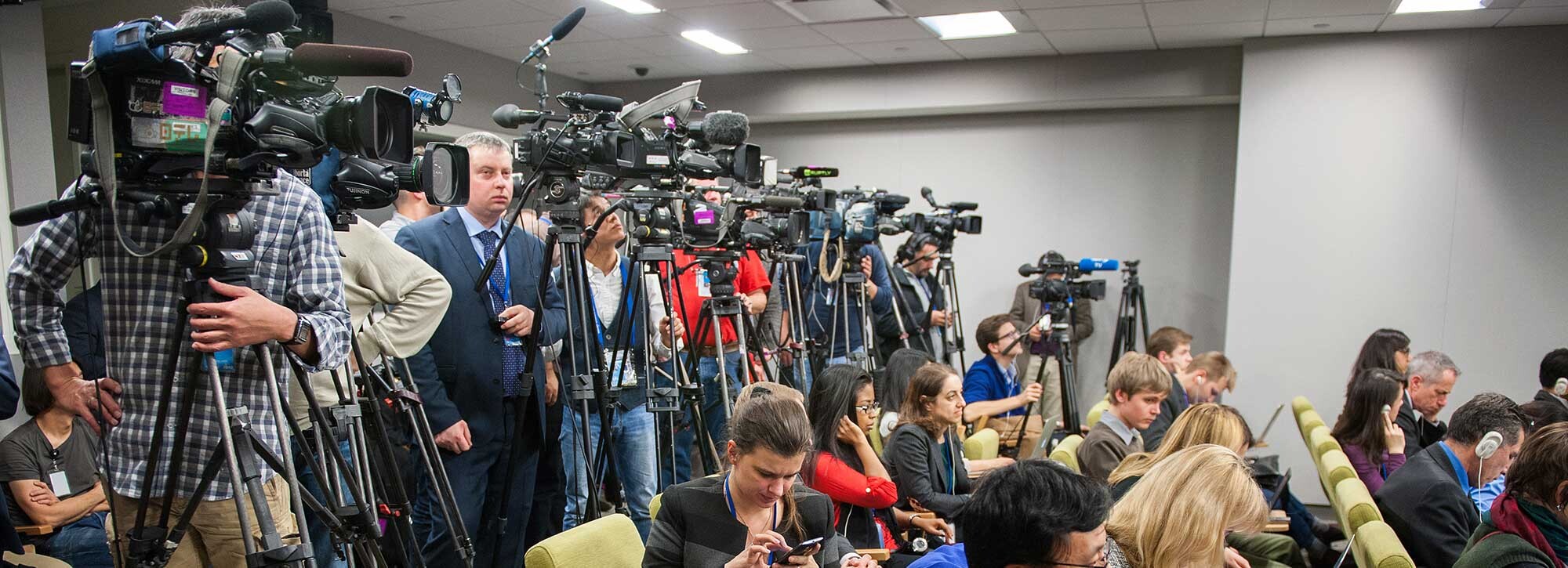Upcoming Events
Feb
17
“The Future of Professional Advice,” Claudia Haupt
12:10PM - 1:30PM
Feb
24
Ethnonationalism by Algorithm, Spencer Overton, GW Law School
12:10PM - 1:30PM
